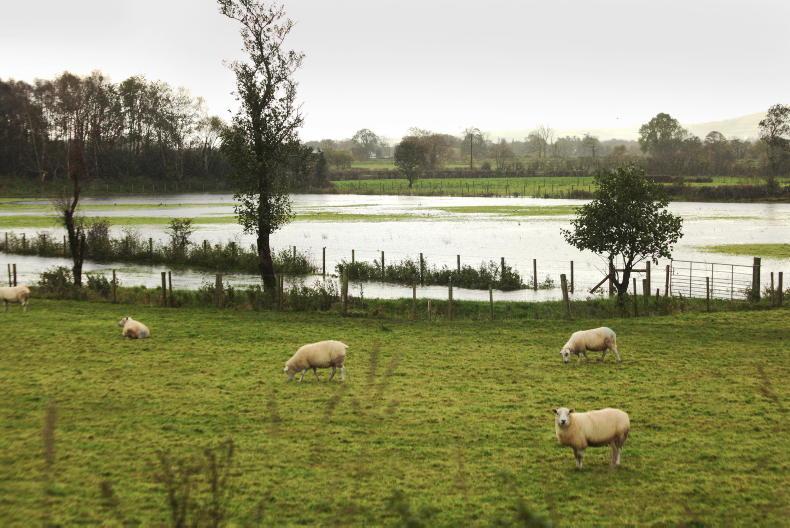At the start of October, former Agriculture Minister Edwin Poots announced changes to the cross-compliance regime in NI by way of new legislation taking effect from 24 October 2022.
From this date on, repeated negligent penalties would be capped at 15%, with the accompanying press release pointing out the new regime was only possible because the UK has left the EU.
To reinforce the notion this announcement was significant, it was quickly followed by a statement from the UFU wholeheartedly welcoming the changes.
What came next was the fairly predictable criticism from the environmental lobby that Minister Poots was favouring farmers, and failing to protect the environment.
It all just played into a narrative that DAERA is too close to industry, and there is an urgent need for an independent environmental protection agency to get farmers into line.
Yet as farmers we know that existing rules are rigorously enforced, and if a farmer makes a mistake it can bring repeat inspections over a number of years.
In addition, the number of post-Brexit cross-compliance inspections done in 2021 was the highest seen in recent years.
Context
It is also important to put the October announcement into context.
Under the previous EU rules, where a non-compliance was deemed to be due to negligence, the percentage reduction on farm payments could not exceed 5%. If the same non-compliance was repeatedly found within three years, any reduction was capped at 15%.
Once the 15% threshold was reached, the Department would write to the claimant warning that if the same non-compliance is found again it would be treated as an intentional breach, and would attract higher penalties.
It is this latter point that has been changed, and any negligent breach of the rules will remain capped at 15%.
But even DAERA’s own documents to support an industry consultation point out that “a very small number” of farm businesses will be affected by the new legislation.
It is a change to the rules that didn’t either deserve the fanfare created at the time, nor the criticism that followed.
Read more
DAERA serves up more fines than before
Stormont failure leaves civil servants in charge
At the start of October, former Agriculture Minister Edwin Poots announced changes to the cross-compliance regime in NI by way of new legislation taking effect from 24 October 2022.
From this date on, repeated negligent penalties would be capped at 15%, with the accompanying press release pointing out the new regime was only possible because the UK has left the EU.
To reinforce the notion this announcement was significant, it was quickly followed by a statement from the UFU wholeheartedly welcoming the changes.
What came next was the fairly predictable criticism from the environmental lobby that Minister Poots was favouring farmers, and failing to protect the environment.
It all just played into a narrative that DAERA is too close to industry, and there is an urgent need for an independent environmental protection agency to get farmers into line.
Yet as farmers we know that existing rules are rigorously enforced, and if a farmer makes a mistake it can bring repeat inspections over a number of years.
In addition, the number of post-Brexit cross-compliance inspections done in 2021 was the highest seen in recent years.
Context
It is also important to put the October announcement into context.
Under the previous EU rules, where a non-compliance was deemed to be due to negligence, the percentage reduction on farm payments could not exceed 5%. If the same non-compliance was repeatedly found within three years, any reduction was capped at 15%.
Once the 15% threshold was reached, the Department would write to the claimant warning that if the same non-compliance is found again it would be treated as an intentional breach, and would attract higher penalties.
It is this latter point that has been changed, and any negligent breach of the rules will remain capped at 15%.
But even DAERA’s own documents to support an industry consultation point out that “a very small number” of farm businesses will be affected by the new legislation.
It is a change to the rules that didn’t either deserve the fanfare created at the time, nor the criticism that followed.
Read more
DAERA serves up more fines than before
Stormont failure leaves civil servants in charge






 This is a subscriber-only article
This is a subscriber-only article








SHARING OPTIONS: